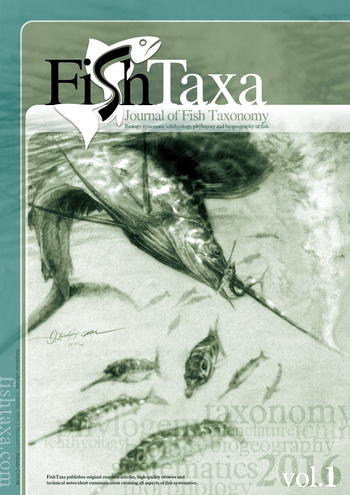Ancient Fish Taxonomy: Bridging Fossil Records and Molecular Data for Evolutionary Understanding
Zelennikov Sedunov Murmansk Marine Biological Institute, Russian Academy of Sciences–MMBI RAS, Murmansk, Russia.
Abstract
According of their crucial role in Earth's evolutionary history, prehistoric fish, one of the oldest and most diversified groups of vertebrates, have piqued the interest of both scientists and fans. This interdisciplinary investigation digs into the intriguing field of ancient fish taxonomy, where the marriage of fossil records and genetic information reveals the puzzling story of their origin. The morphology, anatomy, and ecological surroundings of prehistoric fish may be well understood because of the fossil records that have been preserved in stone for hundreds of millions of years. Fossils help us follow the evolution of these aquatic pioneers across geological eras, from the armored ostracoderms of the Paleozoic through the emergence of bony fish. On the other hand, molecular biology provides a modern viewpoint on the evolution of fish. We identify the genetic foundations that connect prehistoric and contemporary fish by investigating DNA, proteins, and genetic markers. In essence, research into the taxonomy of prehistoric fish is a monument to human curiosity and the never-ending quest for knowledge. It offers an excellent awareness for the connectivity of all living things and a deeper grasp of the evolution of life on Earth. Research pay compliment to the heritage of these ancient aquatic explorers as we peek into the distant past, glimpse the future frontiers of scientific inquiry, and continue our voyage into the unexplored seas of discovery.

